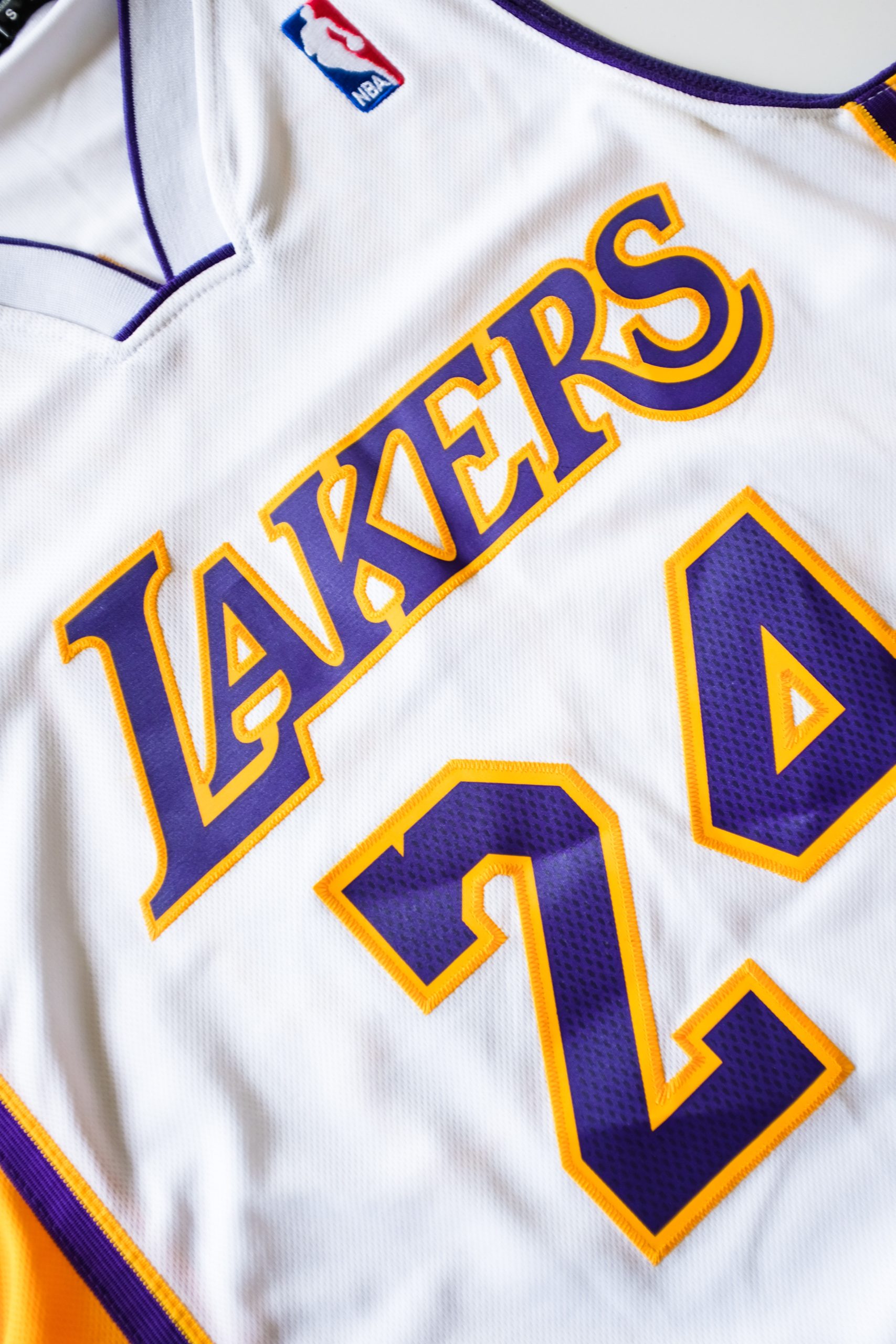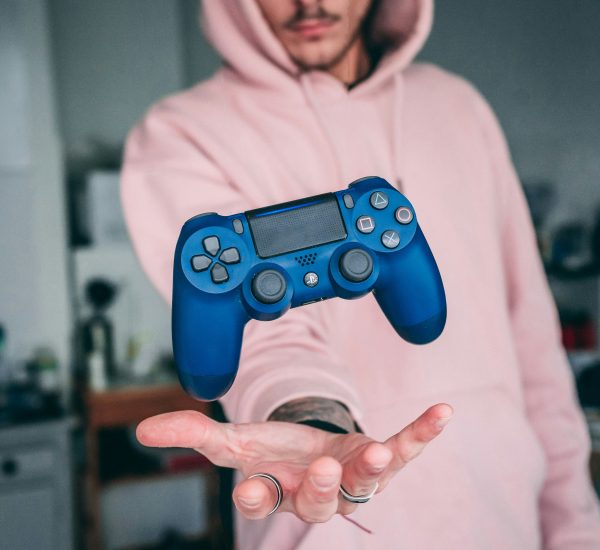Superstitions have a way of weaving themselves into the fabric of sports culture, where athletes and fans alike believe in the power of rituals to influence outcomes. From lucky charms to pre-game routines, these superstitions offer a sense of control and comfort in the unpredictable world of sports. In this article, we’ll delve into some famous superstitions in sports that have captured the attention and fascination of athletes and spectators.

1. Lucky Uniforms and Gear
One of the most common superstitions in sports involves wearing specific uniforms or gear believed to bring luck. Athletes might refuse to wash their lucky socks or wear a particular jersey for every game. Michael Jordan, for instance, was known to wear his University of North Carolina shorts under his Chicago Bulls uniform for luck.
2. Stepping Over Lines
Many athletes avoid stepping on certain lines on the field or court, believing that doing so could bring bad luck. This superstition can be seen in various sports, from basketball players carefully avoiding the foul line to baseball players avoiding the chalk lines while running onto the field.
3. Rituals Before Games
Pre-game rituals are a common way for athletes to prepare mentally and emotionally. These rituals can include listening to specific songs, wearing a particular piece of clothing, or engaging in a set routine. Tennis star Rafael Nadal is known for his meticulous pre-game rituals, from adjusting his water bottles to arranging his racquets just right.
4. Touching or Kissing Objects
Some athletes have lucky objects that they touch, kiss, or carry with them for good luck. This can range from a piece of jewelry to a special token. Baseball player Nomar Garciaparra was known for his elaborate batting routine, during which he adjusted his gloves and stepped in and out of the batter’s box multiple times.
5. Not Washing Equipment
The belief that not washing equipment, such as gloves or helmets, brings luck is prevalent in sports. Hockey players, in particular, are known for not washing their gear during a winning streak. The smell might be unbearable, but the perceived luck is worth it.
6. Avoiding Certain Numbers
Some athletes avoid certain numbers believed to bring bad luck. In basketball, for instance, players might avoid wearing the number 13. Additionally, some athletes prefer to have odd numbers on their jerseys, associating them with a competitive edge.
7. Routines During Play
Superstitions can extend to in-game routines as well. Baseball players might follow a specific routine before stepping up to the plate, like tapping the plate a certain number of times. These rituals are believed to help athletes focus and maintain concentration.
8. Avoiding Mentioning No-Hitters
In baseball, it’s considered bad luck to mention a pitcher’s no-hitter while it’s ongoing. The mere mention of the feat is believed to jinx it. Commentators and fans alike avoid discussing it until the game is over.
9. Not Shaving During Playoffs
In hockey and other sports, players often stop shaving during the playoffs. The resulting facial hair, often referred to as a “playoff beard,” is believed to bring luck and symbolizes team unity.
10. Visualization and Mental Focus
While not necessarily a superstition, visualization and mental focus are essential aspects of sports preparation. Athletes often engage in visualization exercises, imagining themselves succeeding and achieving their goals. This mental practice can contribute to improved performance and a sense of control.
Superstitions in sports provide a glimpse into the human psyche’s desire to find patterns, control outcomes, and seek comfort in the face of uncertainty. Whether it’s wearing lucky gear or following intricate pre-game routines, these rituals are a testament to the deep psychological connection between athletes and their performances. While some may dismiss them as mere quirks, these superstitions play a significant role in the emotional and mental preparation of athletes as they strive for victory on the field, court, or rink.



